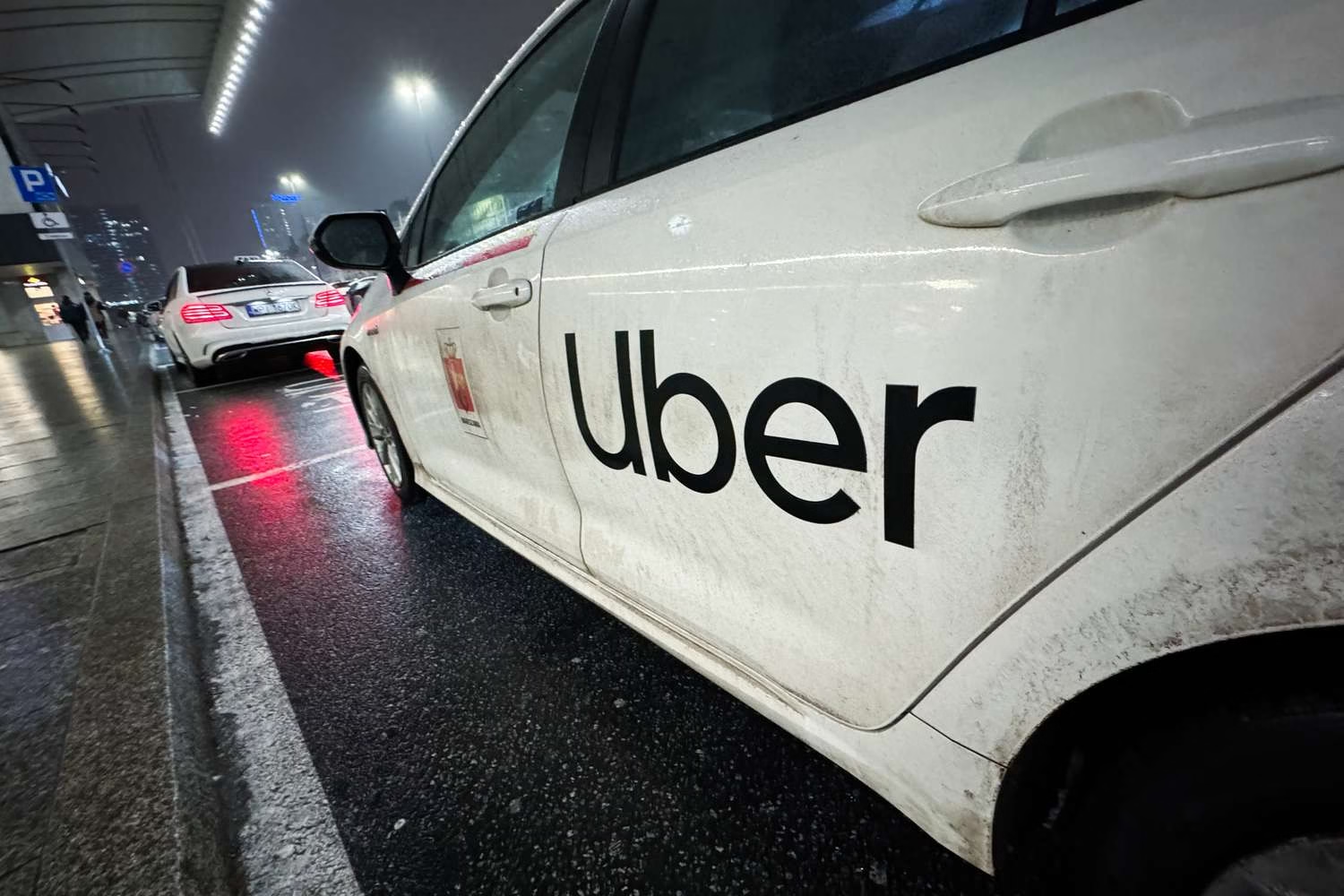The Federal Trade Commission (FTC) has filed a lawsuit against Uber, accusing the ride-hailing giant of deceptive billing and cancellation practices related to its Uber One subscription service. The agency claims Uber enrolled customers without proper consent, failed to deliver promised savings, and imposed unnecessary hurdles for cancellation.
Key Allegations Against Uber
According to the FTC, Uber violated the FTC Act and the Restore Online Shoppers’ Confidence Act (ROSCA) by:
- Enrolling users in Uber One without clear consent and charging them automatically.
- Misleading customers about potential savings, allegedly inflating benefits without factoring in the subscription cost (up to $9.99/month).
- Making cancellation unnecessarily difficult, requiring users to navigate multiple screens—up to 23 in some cases—despite advertising “cancel anytime” promises.
FTC Chair Andrew N. Ferguson stated, “Americans are tired of unwanted subscriptions that seem impossible to cancel. The FTC is taking action to hold companies accountable.”
Uber’s Response
Uber denies the allegations, stating:
- Subscriptions require user consent and can be canceled anytime via the app in “20 seconds or less.”
- The company has updated its cancellation process, removing a previous 48-hour advance notice requirement.
- Customers who contacted support for cancellations within the 48-hour window have been refunded, and Uber insists no extra fees were charged for cancellations.
A spokesperson said, “Uber One’s sign-up and cancellation processes are clear, simple, and comply with the law. We believe the courts will side with us.”
FTC’s Counterclaims
The FTC argues Uber failed to “clearly and conspicuously disclose” key terms, including:
- Recurring billing enrollment.
- Exact cancellation steps.
- Billing timing and actual savings calculations.
The lawsuit, filed in U.S. District Court for Northern California, seeks penalties and restitution for affected customers.
Customer Complaints Cited by FTC
- Some users claimed they were charged without an active Uber account.
- Others reported being auto-enrolled in Uber One unknowingly.
- Cancellation was allegedly overly complex, with some users giving up due to frustration.
The case highlights growing regulatory scrutiny over subscription traps and dark patterns in online services. The outcome could set a precedent for how companies structure recurring billing models.
(Published: April 21, 2025 | Updated with Uber’s response)

Leave a Reply